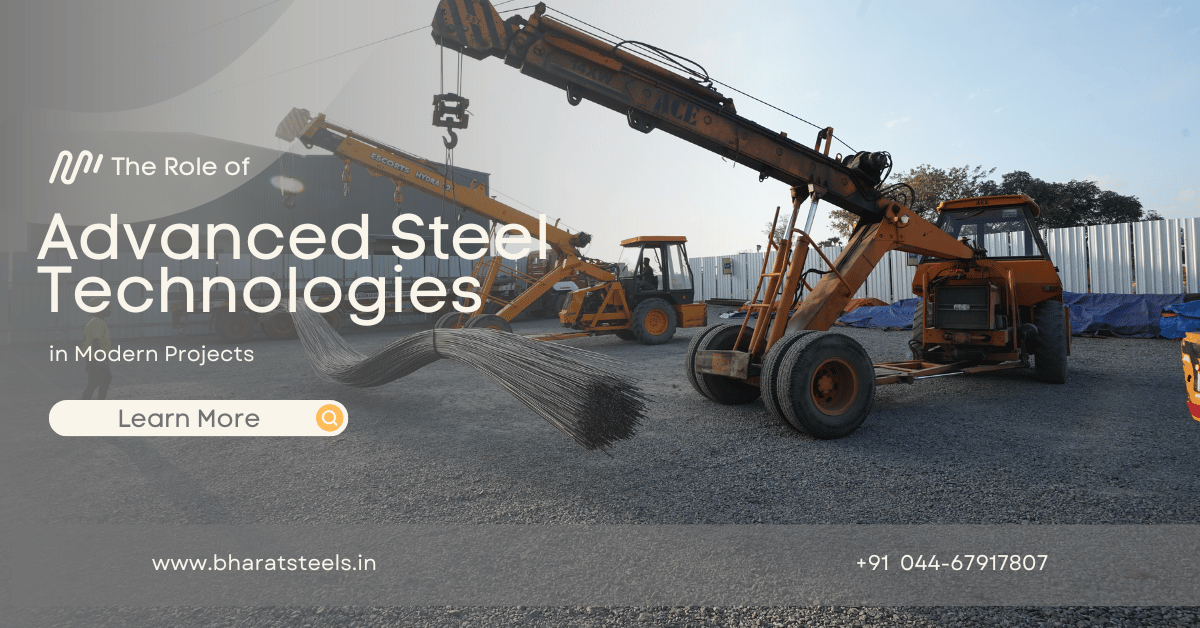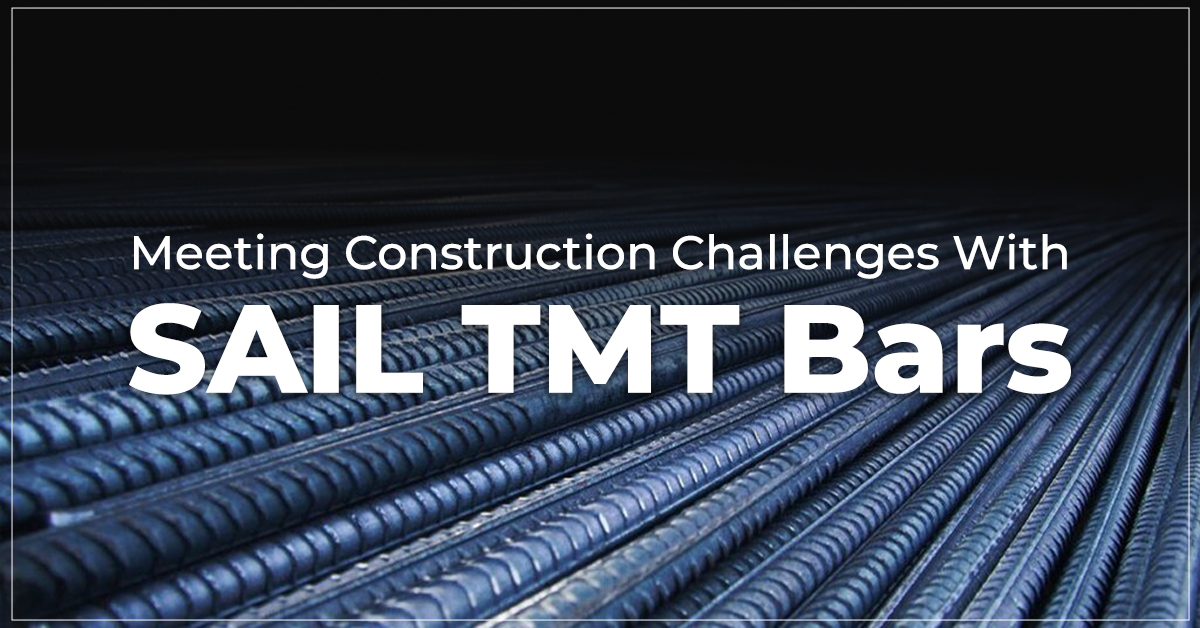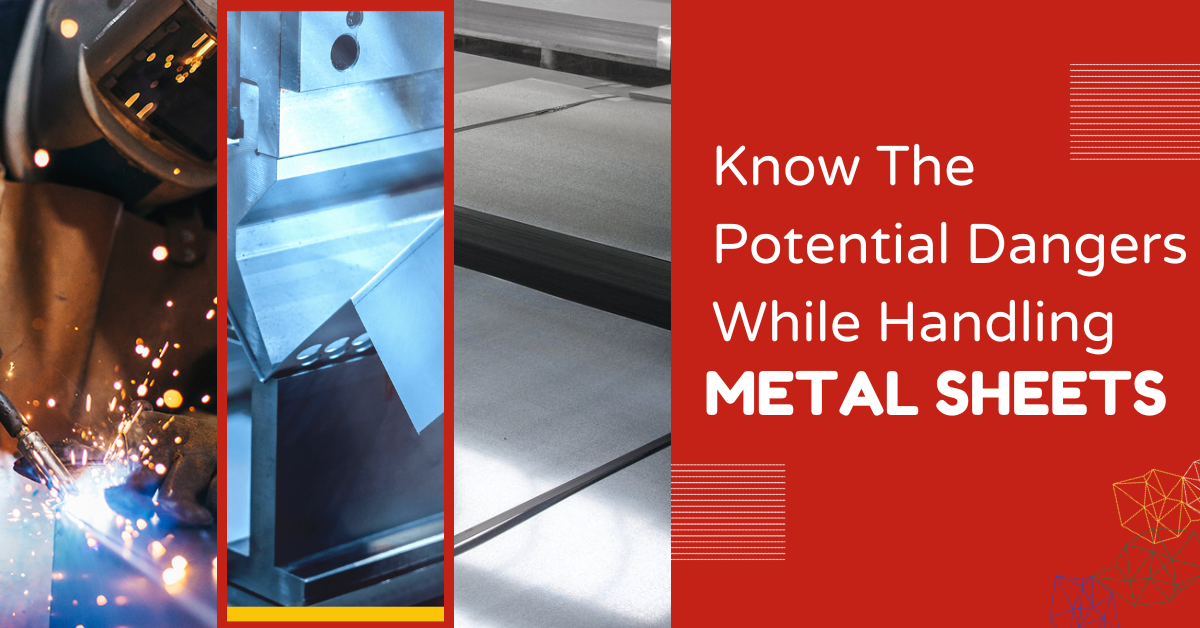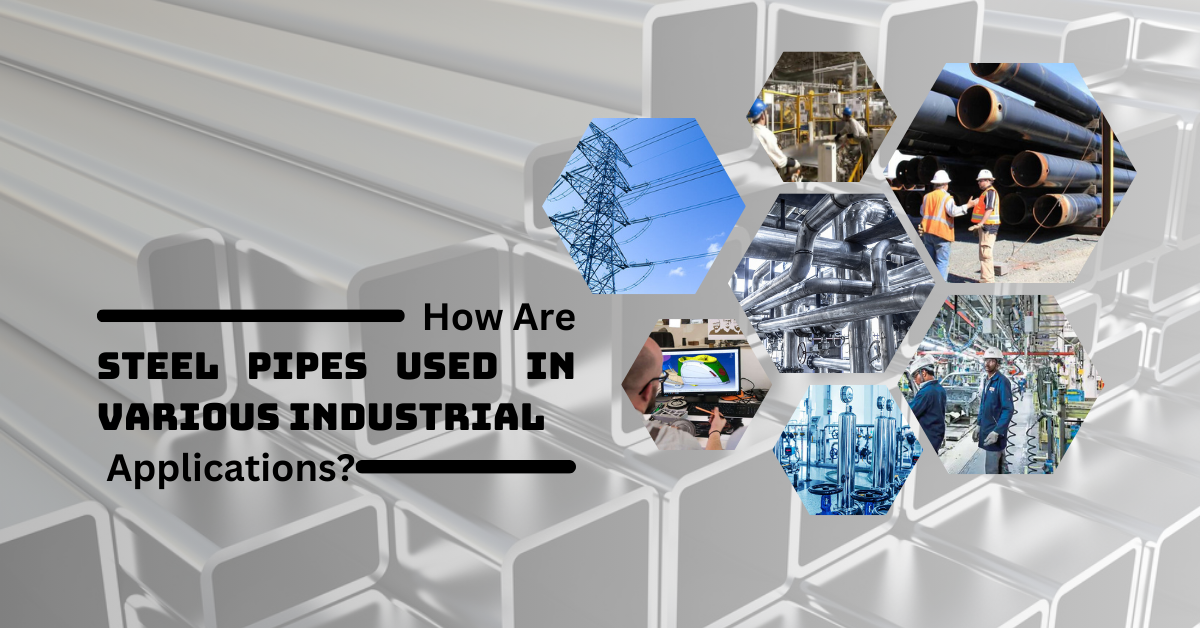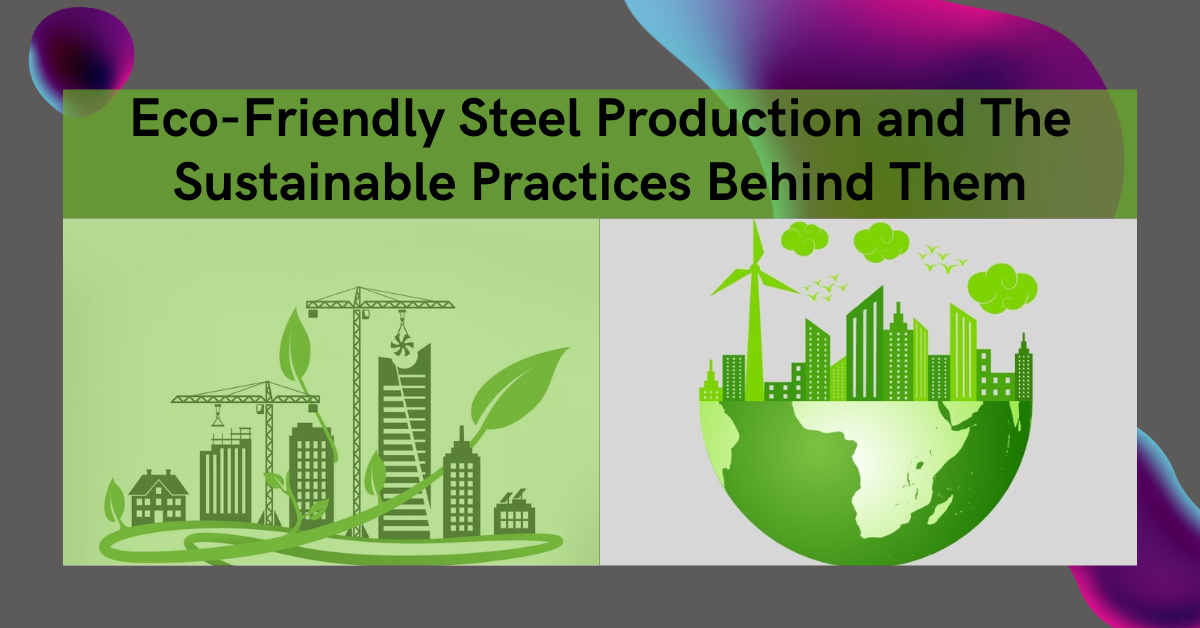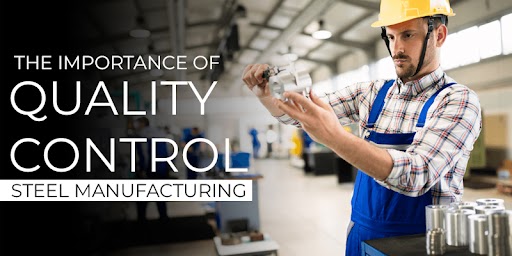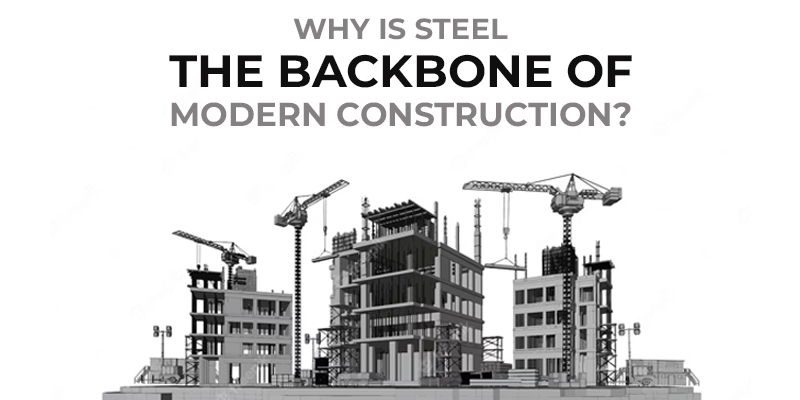In the dynamic landscape of modern construction and infrastructure development, steel remains an indispensable material. Its strength, versatility, and durability make it a cornerstone for architects, engineers, and builders. In this blog post, we explore the pivotal role of advanced steel technologies in shaping contemporary projects and how Bharat Steels, a prominent steel supplier in Chennai, adheres to international quality standards.
High-Strength TMT Bars: The Backbone of Structural Integrity
TMT (Thermo-Mechanically Treated) bars have revolutionized the construction industry. These bars undergo a specialized heat treatment process that imparts superior strength and ductility. Bharat Steels offers a wide range of TMT bars, including those from renowned brands like SAIL, JSW, and Vizag Steel.
The use of high-strength TMT bars ensures robustness, earthquake resistance, and longevity in modern structures. Whether it’s residential buildings, bridges, or commercial complexes, TMT bars play a critical role in reinforcing concrete structures.
MS Channels, Angles, and Beams: Precision and Versatility
Mild Steel (MS) channels, angles, and beams are essential components in construction. They provide structural support, facilitate load distribution, and allow architects to create innovative designs.
Bharat Steels supplies high-quality MS channels, angles, and beams, meeting stringent quality norms. These components find applications in everything from industrial warehouses to architectural marvels.
HR Coils: Enhancing Manufacturing Efficiency
Hot Rolled (HR) coils are widely used in manufacturing industries. They serve as raw material for fabricating various products, including pipes, automobile components, and machinery.
Bharat Steels ensures consistent quality in HR coils, contributing to efficient production processes across industries.
MS Flats and GI Flats: Aesthetic and Functional
MS flats are flat steel bars with a wide surface area. They are versatile and find applications in gates, grills, and decorative elements.
Galvanized Iron (GI) flats are coated with zinc to prevent corrosion. They are ideal for outdoor structures, roofing, and fencing.
Bharat Steels offers both MS and GI flats, emphasizing durability and aesthetics.
Chequered Plates: Safety and Traction
Chequered plates (also known as tread plates) have raised patterns to enhance slip resistance. They are commonly used for flooring, staircases, and walkways.
Bharat Steels supplies chequered plates that meet safety standards, ensuring stability and traction in various settings.
Commitment to Quality and Sustainability
Bharat Steels adheres to international quality standards (ISO 9001:2008) in all its products. Stringent quality checks, material traceability, and timely delivery are hallmarks of our service.
Sustainability is a priority. The company promotes the use of recycled steel and eco-friendly practices, contributing to a greener environment.
Building the Future with Bharat Steels
As modern projects evolve, advanced steel technologies continue to shape our world. Bharat Steel the best steel supplier in chennai, with its unwavering commitment to quality, reliability, and innovation, stands as a trusted partner for builders, architects, and developers. From TMT bars to chequered plates, their product range exemplifies excellence, ensuring that Chennai’s skyline reflects strength, resilience, and global standards.
As Chennai’s skyline evolves, Bharat Steel remains a silent force, shaping the city’s infrastructure. Our advanced steel technologies, ethical practices, and customer-centric approach make them the go-to steel supplier for architects, builders, and engineers.

